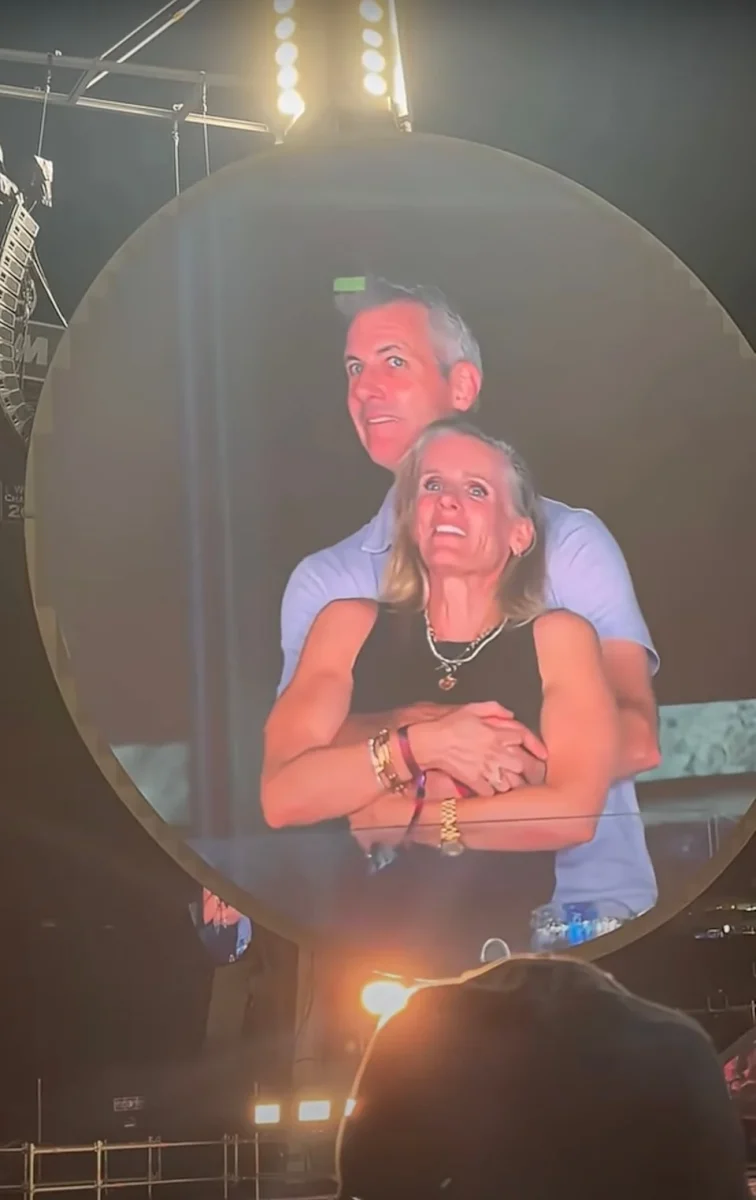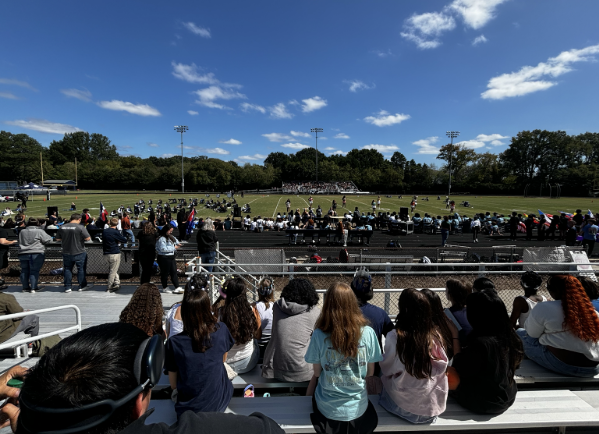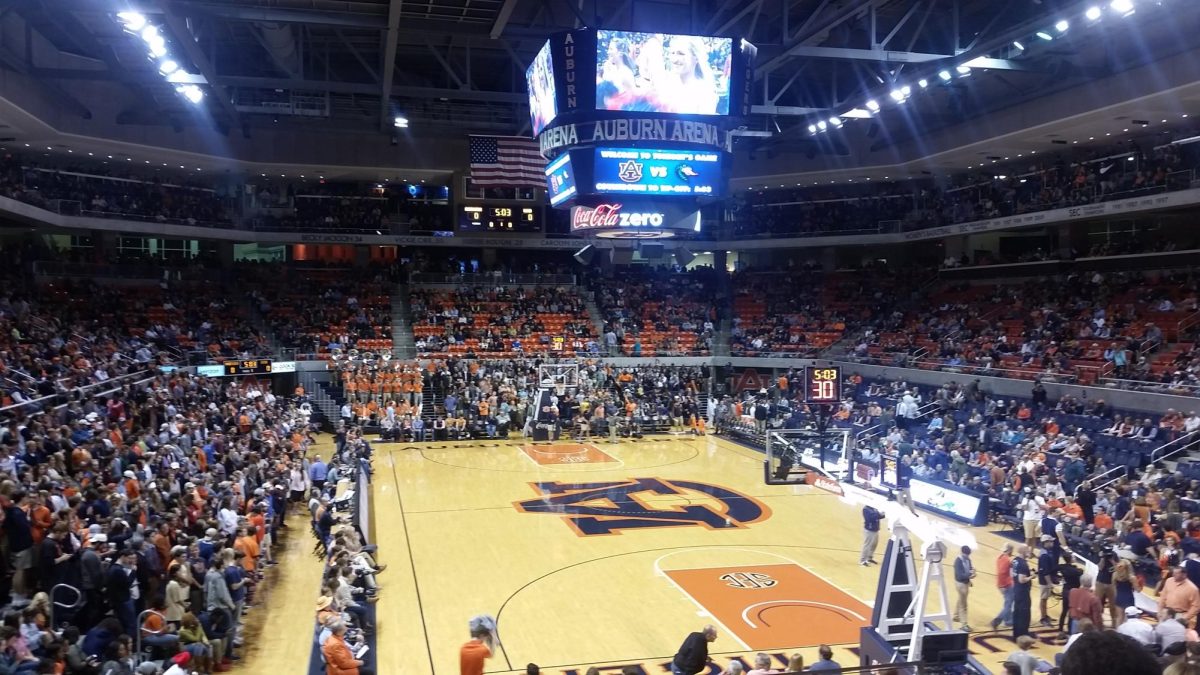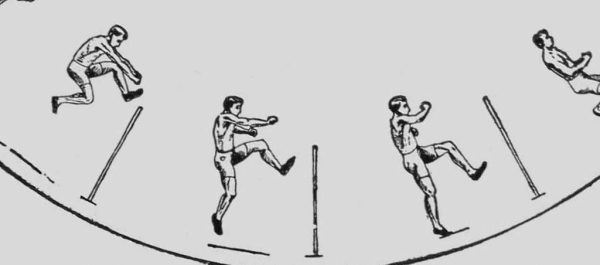The Skilled Unfortunates
Disabilities don’t end the search for a gold
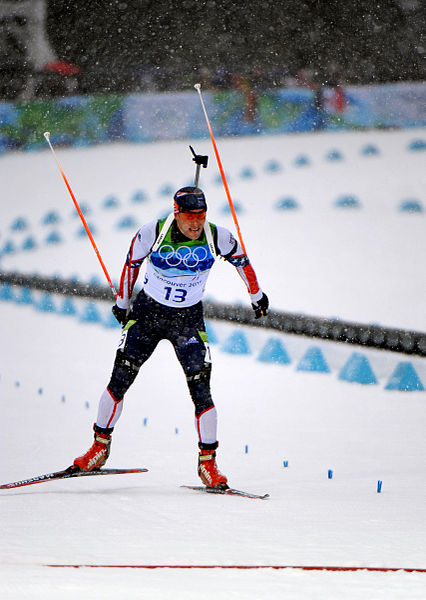
Skiing down the mountain, Special Olympian Jeremy Teela competes for the gold medal. Despite their disabilities, Special Olympic athletes are given an opportunity to showcase their talents across the world in the Winter Olympic Games.
March 20, 2017
From March 14-25, the Olympics make a return, except this time around, it is for those unlucky enough to deal with a disability. Every odd numbered year, there is a Special Olympics event, and this year, there are the Winter Games. Athletes from all over the world are going to Austria to participate in this event, putting their respective disabilities aside for a chance to win a gold medal. This year, there are almost 3,000 athletes from 110 countries, including the United States and Great Britain. This amount of participation is unprecedented in a Special Olympic Games, especially considering that it was very exclusive in its incarnation. In fact, the first Special Olympics hosted by a country outside of North America was in 1993 with Austria, the same country hosting the Olympics this year. Of the approximately one hundred United States athletes, North Carolina is sending two, Kristen Milstead and Maurice Watts, both participating in alpine skiing.
Athletes from all countries compete in the thirty-two events offered in the Special Olympics. These events are wide in range, with competitions such as figure skating, floor hockey, short track speed skating, snowboarding, and stick shooting. Floor hockey is especially popular, due to its team-orientated nature and interest across the world. Snowboarding is also another popular sport, with an athlete from almost every country represented.
Special Olympics are open to anyone with an intellectual disability, beginning at the age of eight years old. Senior Jalen Graham believes, “The Special Olympics is extremely important… it’s always nice to see the students participating have fun.” Most people tend to agree with this point of view, as they see the Special Olympics as a gateway for those people who were dealt a bad hand. There are some people who wonder what the point of the Special Olympics is if there are Paralympics. However, these two events are distinctly different; the Special Olympics focuses more on athletes with intellectual disabilities, while the Paralympics is designed for those with physical disabilities.
On March 14, the grand event that captures the brilliance of those who do not let disability stop them, will begin on ESPN. The search for a gold medal is on. Will you be watching?



